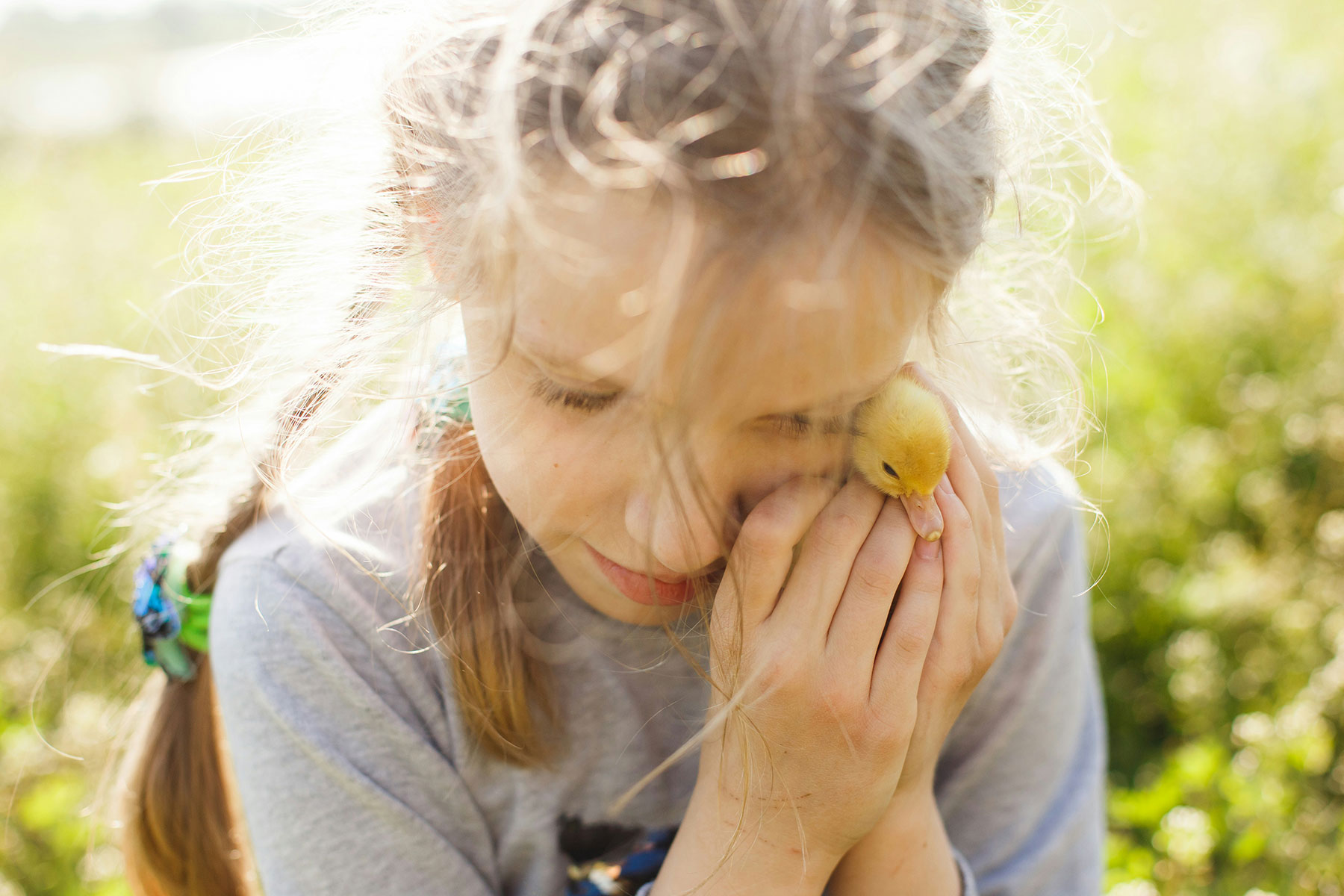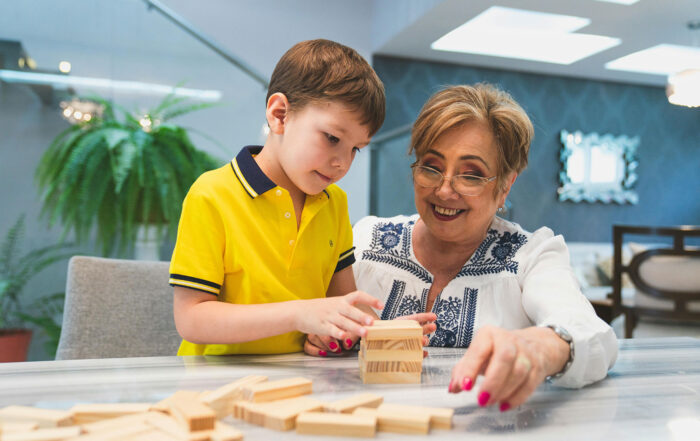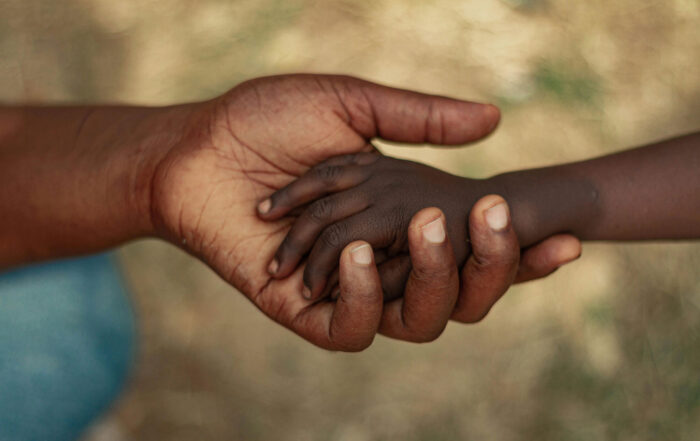
By The National Institute of Mental Health
Post-traumatic stress disorder (PTSD) is a disorder that develops in some people who have experienced a shocking, scary, or dangerous event. It is natural to feel afraid during and after a traumatic situation. Fear is a part of the body’s “fight-or-flight” response, which helps us avoid or respond to potential danger. People may experience a range of reactions after trauma, and most people recover from initial symptoms over time.
Those who continue to experience problems may be diagnosed with PTSD.
Share This Post!
Trauma in Children During the COVID-19 Pandemic
Across the nation, everyone is being exposed to and reacting to the confusing, stressful, and sometimes frightening situation of the 2019 coronavirus disease (COVID-19) pandemic in different ways. But are we, and our [...]
How to Keep Children’s Stress From Turning Into Trauma
By Stacey Steinberg Children may be processing the disruptions in their lives right now in ways the adults around them do not expect: acting out, regressing, retreating or even seeming surprisingly content. [...]
Addressing Race and Trauma in the Classroom: A Resource for Educators
By the National Child Traumatic Stress Network This resource is intended to help educators understand how they might address the interplay of race and trauma and its effects on students in the [...]
The startling toll on children who witness domestic violence is just now being understood
By Jayne O'Donnel and Mabinty Quarshie USA TODAY SAVANNAH, Ga. – Latrelle Huff says her twins were conceived by rape. Now she blames domestic violence for her children's health problems. The Georgia [...]
The lasting impact of neglect
By Kirsten Weir The first time Nathan Fox, PhD, stepped into a Romanian orphanage, he was struck by the silence. "The most remarkable thing about the infant room was how quiet it was, [...]
Children may act out due to grief or trauma of COVID-19 pandemic, and other lessons from HIV/AIDS
By Julie B. Kaplow and Mark W. Kline No infectious disease since HIV/AIDS in the 1980s has captured the world’s attention in the way COVID-19 has. The HIV/AIDS pandemic is still with [...]







